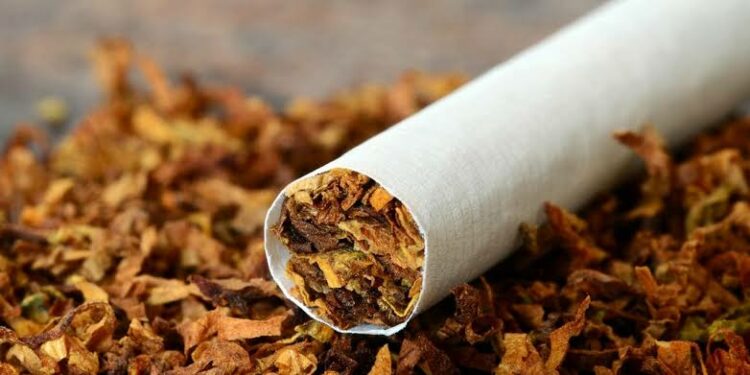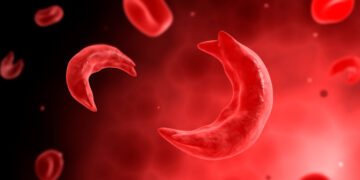Corporate Accountability and Public Participation Africa (CAPPA) has applauded the federal government’s move to earmark revenues from excise taxes on alcohol, tobacco, and sugar-sweetened beverages (SSBs) for health financing, while urging a significant hike in the tax on sugary drinks to curb Nigeria’s rising health burden.
At a national health financing dialogue in Abuja, chairman of the Presidential Fiscal Policy and Tax Reforms Committee, Mr. Taiwo Oyedele, disclosed that a draft policy is being finalised to channel excise-tax revenues into public health. The policy, he said, will soon be submitted to the Minister of Health and Social Welfare for consideration.
Reacting to the development in a statement on Monday, CAPPA described the initiative as a decisive opportunity for the administration of President Bola Ahmed Tinubu to establish sustainable funding for Nigeria’s healthcare system and safeguard citizens’ health.
The group noted that non-communicable diseases (NCDs), linked to excessive consumption of sugary beverages, alcohol, salt, and tobacco, are now responsible for nearly 30 per cent of all deaths in Nigeria, making the situation a public health emergency.
“By initiating this draft policy, the federal government has demonstrated commitment towards tackling the upsurge of NCDs in the country,” CAPPA said.
However, it stressed that the impact of the policy would only be fully realised if excise rates are significantly increased to discourage consumption and raise meaningful revenue.
Akinbode Oluwafemi, Executive Director of CAPPA, commended the government’s courage but insisted that the current N10 per litre sugary drinks tax, introduced in the 2021 Finance Act, is far too low to achieve its purpose.
“At N10 per litre, the tax represents less than one per cent of the retail price of a typical soft drink, which is grossly inadequate. We are calling for a minimum of N130 per litre, adjustable to inflation,” he said.
According to CAPPA, expert analysis from the Centre for the Study of the Economies of Africa (CSEA) shows that a hike to N130 per litre could generate as much as N729 billion annually. This revenue could offset the estimated N493.3 billion spent each year treating SSB-related diseases such as diabetes and cardiovascular conditions.
The group argued that higher taxes would not only reduce the country’s SSB consumption but also encourage manufacturers to reformulate their products with less sugar, ultimately promoting healthier diets.
It further called for stronger tobacco and alcohol taxation at levels high enough to discourage harmful use and safeguard public health.
The World Health Organisation (WHO) has also urged Nigeria and other member states to increase excise taxes on sugary drinks, alcohol, and tobacco by 50 per cent over the next decade as part of its “3 by 35 Initiative.” The agency believes such measures could prevent 50 million premature deaths globally within the next 50 years.
“Health taxes are a win-win, curbing deadly consumption habits while providing critical funds for overstretched health systems,” Oluwafemi said.











